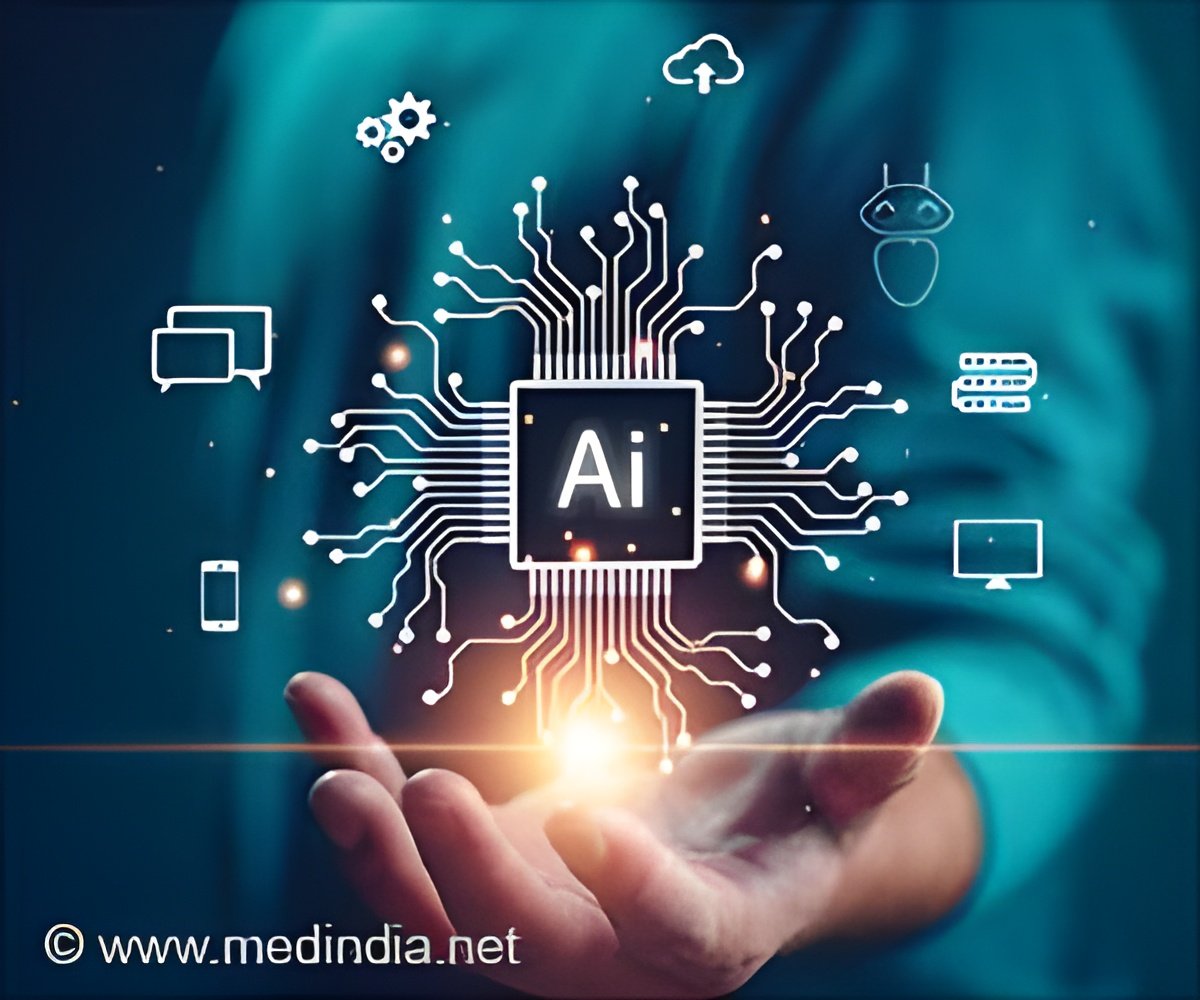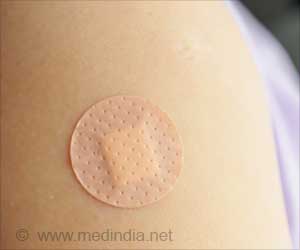Artificial intelligence tools like ChatGPT can help urologists save time on routine inquiries, allowing them to focus on more complex tasks.

Assessing Artificial Intelligence-Generated Responses to Urology Patient In-Basket Messages
Go to source). The artificial intelligence (AI) tool produced "acceptable" responses to approximately fifty percent of a sample size of actual patient inquiries. This finding was according to research conducted recently by Michael Scott, MD, a urologist at Stanford University School of Medicine. "Generative AI technologies may play a valuable role in providing prompt, accurate responses to routine patient questions – potentially alleviating patients' concerns while freeing up clinic time and resources to address other complex tasks," Dr. Scott comments.
‘Did You Know?
ChatGPT is a generative artificial intelligence (GenAI) tool, a chatbot, which can create content without copying the source. The last three letters in the name ChatGPT represent Generative Pre-trained Transformer (GPT), a model, to understand and generate human-like text. #ChatGPT #chatbot #medindia’





ChatGPT is a generative artificial intelligence (GenAI) tool, a chatbot, which can create content without copying the source. The last three letters in the name ChatGPT represent Generative Pre-trained Transformer (GPT), a model, to understand and generate human-like text. #ChatGPT #chatbot #medindia’
Assessment of Urology-Related Responses Generated by ChatGPT
ChatGPT is an innovative large language model (LLM) that has sparked interest across a wide range of settings, including health and medicine. In some recent studies, ChatGPT has performed well in responding to various types of medical questions, although its performance in urology is less evaluated.Modern electronic health record (EHR) systems enable patients to send medical questions directly to their doctors. "This shift has been associated with an increased time burden of EHR use for physicians with a large portion of this attributed to patient in-basket messages," the researchers write. One study estimates that each message in a physician's inbox adds more than two minutes spent on the EHR.
Dr. Scott and colleagues collected 100 electronic patient messages requesting medical advice from a urologist at a men's health clinic. The messages were categorized based on the type of content and difficulty and then entered into ChatGPT. Five experienced urologists graded each AI-generated response in context to accuracy, completeness, helpfulness, and intelligibility. Raters also indicated whether they would send each response to a patient.
ChatGPT Responses Show the Potential to Improve Clinical Efficiency in Patient Communication
The ChatGPT-generated responses were judged to be accurate, with an average score of 4.0 on a five-point scale; and an intelligible, average score of 4.7. Ratings of completeness and helpfulness were lower but with little or no potential for harm. Scores were comparable for different types of question content (symptoms, postoperative concerns, etc)."Overall, 47% of responses were deemed acceptable to send to patients," the researchers write. Questions rated as "easy" had a higher rate of acceptable responses: 56%, compared to 34% for "difficult" questions.
Advertisement
The researchers note some potential drawbacks of ChatGPT-generated responses to patient questions: "ChatGPT's model is trained on information from the Internet in general, as opposed to validated medical sources," with a "risk of generating inaccurate or misleading responses." The authors also highlight the need for safeguards to ensure patient privacy.
Reference:
- Assessing Artificial Intelligence-Generated Responses to Urology Patient In-Basket Messages - (https://www.auajournals.org/doi/10.1097/UPJ.0000000000000637)
Source-Eurekalert









